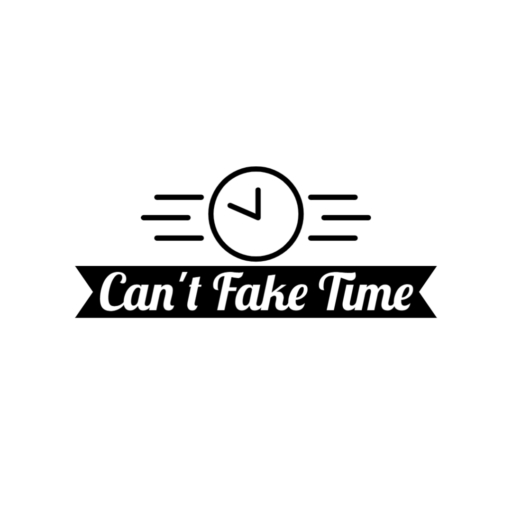The first time I read Patrick Rothfuss’s masterful epic fantasy The Name of the Wind, it took my breath away. My friend Daniel recommended it with the highest sort of insistence that I absolutely must read it. It clocks in at over seven hundred pages–a tome, to be sure–but length has never been problematic for me. I was living in Japan, working as an Assistant Language Teacher, and I had the time to spare.
In short, for those unfamiliar, the framing narrative starts with an unassuming red-haired innkeeper in three kinds of silence–a silence interrupted first by strange happenings in his town and then the arrival of the Chronicler who knows him for who he truly is, the legendary Kvothe, the Kingkiller, who is presumed dead and now in hiding. The Chronicler convinces Kvothe to tell the story of his life, and that’s when the story begins. It’s the story of how a boy whose parents are killed by a myth becomes a legendary hero. It’s a story that explores the nature of the human being behind the legend.
(It’s a story that needs a conclusion, even if the three books are intended as a mere prologue. Come on, Rothfuss, please finish Day 3 soon!)
I wanted to end my summer with something familiar, something comforting, before I started my second year as a teacher. (Anyone who’s been a Year 1 Teacher will undoubtedly understand.) So, on friend Daniel’s advice, and with an audible credit to spare, I snagged the audiobook version narrated by Nick Pohdel.
Excellent decision.
Two things stood out on my second time through this epic tome:
For the second time, again, the truth of the text resonated deeply. The boy Kvothe takes three years to mourn the death of his whole troupe at the hands of the Chandrian and still grieves even as the innkeeper he is in the framing narrative. His experiences in that grief-stricken fugue state as an orphan on the streets of Tarbean shape his decisions and his reactions. When he makes his way at last to the University, it is feels like higher education with all its weird politics and ivory towers where find you that all the magic of your desired career is achieved through a whole lot of mundane-yet-challenging tasks and seemingly arbitrary hurdles that might actually be safeguards. Plus, come on, student loan debt! How many fantasy epics have you read where student loan debt hangs over the head of your legendary hero?
Just on and on and on, the truths resonate.
But this time, I already knew Kvothe’s story. I knew when Denna would appear, and disappear, and appear again. I knew the many ways in which Ambrose would be a jackass. Even though I knew how Kvothe got his Eolian Talent Pipes, I still got swept away in his performance. I knew Kvothe’s story as well as one who has only read it once can know it. So I paid way more attention to Scheherazade-ian folklore within the story (within the story, if you count the framing Waystone Inn narrative).
And, boy howdy, am I not even the least bit surprised that Patrick Rothfuss has said that he wants to tell more stories besides Kvothe’s in this world because the world-building thought that has gone into that folklore is intense. Centuries if not millennia of history that has become myth distorted by zeal within a particular religious sect that minimizes, trivializes, and outright punishes any belief besides belief in their god’s greatness. (Sound familiar?) I found myself comparing Skarpi’s tales in Tarbean with the other pieces of folktale that sometimes trickle and sometimes stream out from Kvothe’s narrative, as well as the realities currently at play in the framing Waystone Inn narrative, seeking out the truth in the tale. I mean, I wouldn’t want to abandon the worlds I have taken even a fraction of the amount of time and energy to build that Rothfuss has after just one story in them, regardless of how epic the tale or how many years it takes to write. The complexity here is dazzling.
Not only that, he doesn’t let his world-building overshadow his story. The world is where the story takes place, but the story always takes precedence.
One last note to truths in the tale. In the end, Kvothe’s companion-apprentice Bast in the Waystone Inn has an interesting conversation with the Chronicler. One point Bast makes is how Kvothe has taken on the identity of an innkeeper to the point that he’s losing himself behind the mask he meant to simply hide behind–becoming the mask.
Names matter. The things we call ourselves matter. We become who we believe ourselves to be.
In the weeks since I’ve started calling myself author in my heart of hearts, I’ve stripped away layer after layer of self-doubt and denial. As I call myself teacher and embrace the things I’ve learned last year, I’ve started off this new year with greater confidence in my classroom.
I fear if I start listening to Wise Man’s Fear too soon, I’ll be distracted when I need to work on memorizing my students’ names, building classroom community, and planning lessons. I’ll likely hold off until December for that, and cross my fingers that maybe, possibly, some day soon, Rothfuss might announce even a release year for Book Three…

